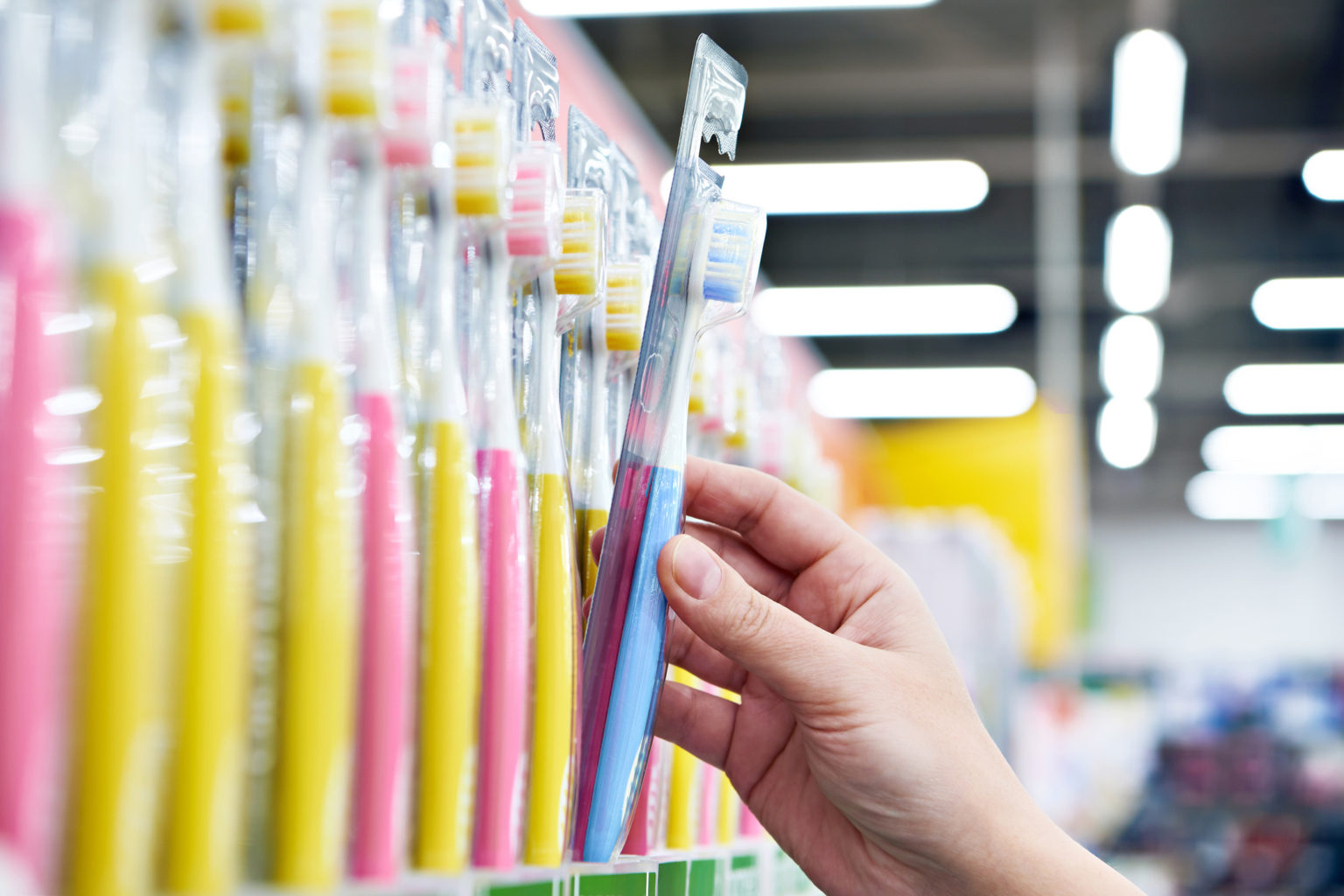
How often should you change your toothbrush
Everyone knows to brush their teeth twice a day for two minutes, but not everyone knows how often to change their toothbrush. Keeping your toothbrush fresh is the best way to maintain your oral health and keep your pearly whites shining for a long time.
So how long should you keep your toothbrush? The answer varies depending on whether you use a manual or an electric one. Here is a quick breakdown of when to change it, and some tips on making your toothbrush last longer.
Manual brushes
The Canadian Dental Association and Centers for Disease Control and Prevention, recommend changing your manual toothbrush every 3 to 4 months, that’s only a maximum of 4 toothbrushes a year.
If you try to extend your toothbrush any further than this time period you risk an ineffective cleaning. Around the 3 to 4 month mark, the bristles of the brush will begin to fray or fall out and the remaining bristles will become dull and lose their ability to properly remove plaque.
Electric brushes
The heads of electric brushes are a little different. Due to their bristles being shorter than manual brushes, the bristles tend to wear down much quicker. For this reason, if you use an electric toothbrush you should look at changing the head every 12 weeks.
A visual inspection of the brush is always best. Depending on how vigorously you brush your teeth, replacement of the electric head may be needed sooner.
More tips to keep your brush in good condition
You should always keep your toothbrush away from other toothbrushes and that even goes for family members’ toothbrushes. Your brush holds a lot of bacteria and if the heads touch, bacteria will be transferred and can lead to infections.
You should also change your toothbrush after you have been sick. Viral bacteria such as strep throat can live on your toothbrush and infect others in your household or get you sick again if the brush isn’t changed.
Your toothbrush should never be stored in a closed container, this will promote bacteria and mold growth. Instead, you should thoroughly rinse off any excess toothpaste and store it upright, letting it air dry.
You should never use mouthwash, soap, or any other type of cleaner to clean your toothbrush. These cleaners can lead to a deterioration of the brush, development of bacteria and are bad for your oral health. If need be, you can pour boiling water over the toothbrush to quickly and safely disinfect the head of the toothbrush.
Conclusion
Keeping your mouth happy and healthy should be a top priority. Having a daily oral hygiene routine is imperative to keeping your teeth and gums healthy. Brushing twice a day, flossing, and mouthwash should all be a part of your routine, but using a frayed, dull toothbrush should not be. Your mouth will only be as clean as the tools you are using, keeping your toothbrush in good shape will ensure your teeth are always clean.
If you have concerns about your oral health, a dentist can recommend the right course of action for you. Book a dental visit to find out how we can help you keep your teeth strong and healthy.